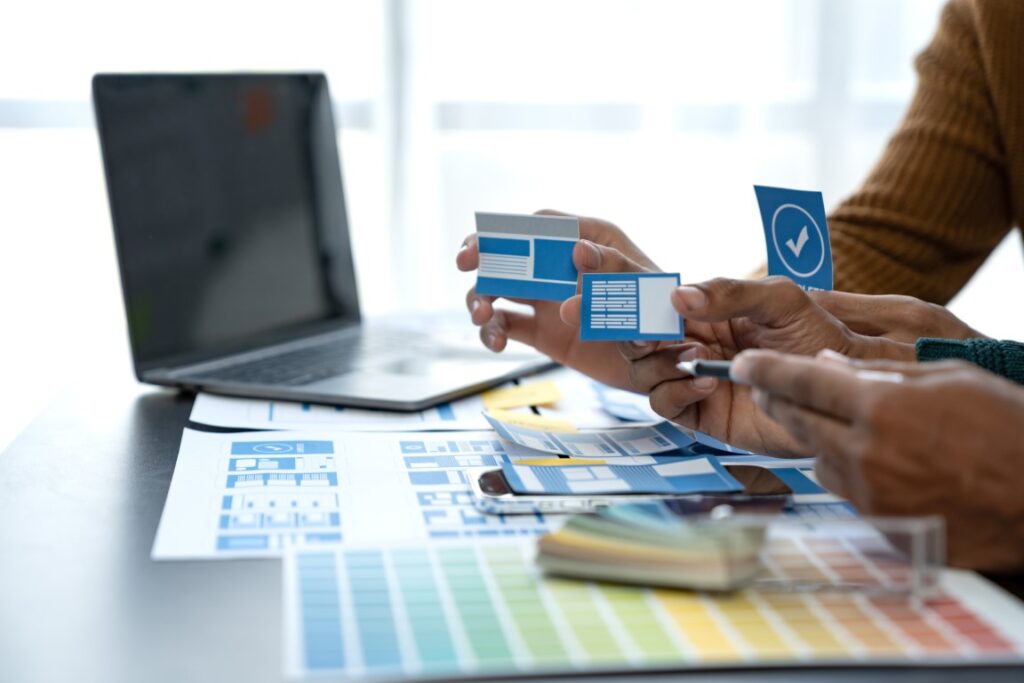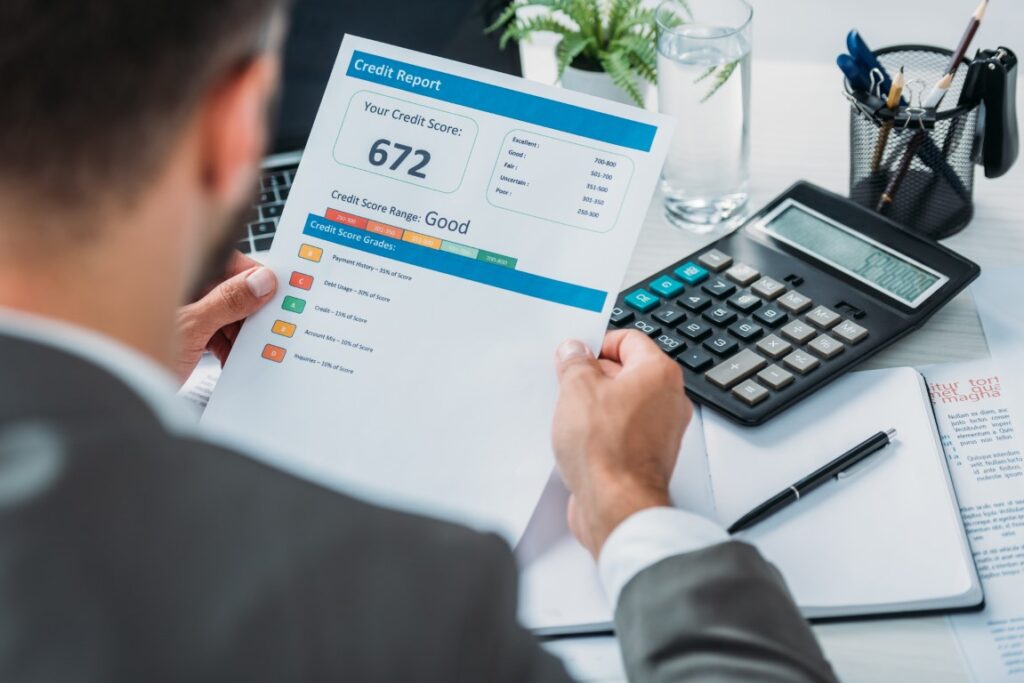Bankruptcy can be a challenging experience, and it can impact an individual’s ability to secure financing in the future. One question many people have after filing for bankruptcy is whether they can apply for a small loan.
The answer is yes, but there are certain steps individuals can take to improve their chances of approval. In this article, we will explore the possibility of applying for a small loan after bankruptcy and provide tips and strategies for individuals looking to secure financing post-bankruptcy.

Bankruptcy can have a significant impact on an individual’s ability to obtain a loan. Most lenders are hesitant to approve loans for individuals who have filed for bankruptcy in the past. This is because a bankruptcy filing signals to lenders that the borrower may not be able to repay the loan.
The impact of bankruptcy on loan eligibility depends on several factors. One of the most significant factors is the type of bankruptcy filed. Chapter 7 bankruptcy, also known as liquidation bankruptcy, involves the sale of assets to pay off debts. Chapter 13 bankruptcy, also known as reorganization bankruptcy, involves the creation of a repayment plan that the borrower must follow for three to five years.
Another factor that lenders consider is the length of time since the bankruptcy filing. Generally, the longer the time since the bankruptcy, the better the chances of loan approval. Additionally, lenders may take into account the borrower’s current financial situation, including their income and expenses.
| Type of Bankruptcy | Impact on Loan Eligibility |
|---|---|
| Chapter 7 | High impact, may require a longer waiting period and stricter eligibility requirements |
| Chapter 13 | Lower impact may allow for loan approval during repayment plan period |
It’s essential to remember that bankruptcy has a long-term impact on credit scores and credit history. As such, rebuilding credit after bankruptcy is critical to improving loan eligibility.
After going through bankruptcy, individuals may feel discouraged about their financial future. However, it’s important to remember that it’s possible to rebuild credit and improve credit scores over time.
One of the first steps to rebuilding credit is to obtain a secured credit card. With a secured credit card, individuals can make small purchases and pay off the balance each month, demonstrating responsible credit behavior to lenders. It’s also important to make timely payments on any outstanding debts and to keep credit utilization low.
In addition, monitoring one’s credit report is crucial in identifying any errors or discrepancies that may be negatively affecting credit scores. By disputing any inaccuracies and staying vigilant about credit activity, individuals can improve their credit score over time.

It’s important to note that rebuilding credit after bankruptcy takes time and patience. However, with consistent effort and responsible financial behavior, it’s possible to improve credit scores and increase eligibility for small loans and other financial opportunities.
After bankruptcy, individuals may have limited options when it comes to borrowing money. However, there are still small loan options available that can help them get back on their feet.
One option is a personal loan, which is typically an unsecured loan that can be used for any purpose. However, those with a bankruptcy on their record may have a harder time obtaining a personal loan and may have to pay higher interest rates.
| Loan Type | Key Features |
|---|---|
| Payday Loans | Short-term loans with high-interest rates that are typically due on the borrower’s next payday. They are generally easy to obtain but can lead to a cycle of debt if not paid off on time. |
| Credit Builder Loans | Loans specifically designed to help individuals build or rebuild their credit. The lender keeps the borrowed funds in a separate account and the borrower makes payments to the account. Once the loan is paid off, the borrower can access the funds and their credit score may improve. |
It is important to carefully consider the terms and interest rates of any loan before applying, especially after bankruptcy when interest rates may be higher. Taking on too much debt too soon after bankruptcy can also be risky, so it is important to have a plan for paying back the loan and continue building credit along the way.
Applying for a loan after bankruptcy can be a daunting task, but it’s not impossible. Here are some tips to help improve your chances of approval:
By following these tips, you can improve your chances of getting approved for a small loan after bankruptcy. Remember, responsible borrowing and ongoing credit management are key to rebuilding your financial future.

It is possible to apply for a small loan after bankruptcy, but it requires careful planning and preparation. Individuals must understand how bankruptcy impacts their loan eligibility and take steps to rebuild their credit score. There are various small loan options available, including personal loans, payday loans, and credit builder loans, but it is essential to consider the terms and fees associated with each type of loan.
When applying for a small loan after bankruptcy, it is crucial to improve credit score and gather necessary documents, such as income and employment proof. Alternative lenders, such as credit unions or online lenders, can also be a helpful option. However, it is important to remember that responsible borrowing and ongoing credit management are essential for achieving long-term
Overall, while bankruptcy can have a negative impact on an individual’s credit score and loan eligibility, there are options available for those who need a small loan. By following the steps outlined in this article and exercising responsible borrowing, individuals can rebuild their credit and obtain the financial assistance they need. Contact Loan Ridge for more information about securing a small loan after bankruptcy.